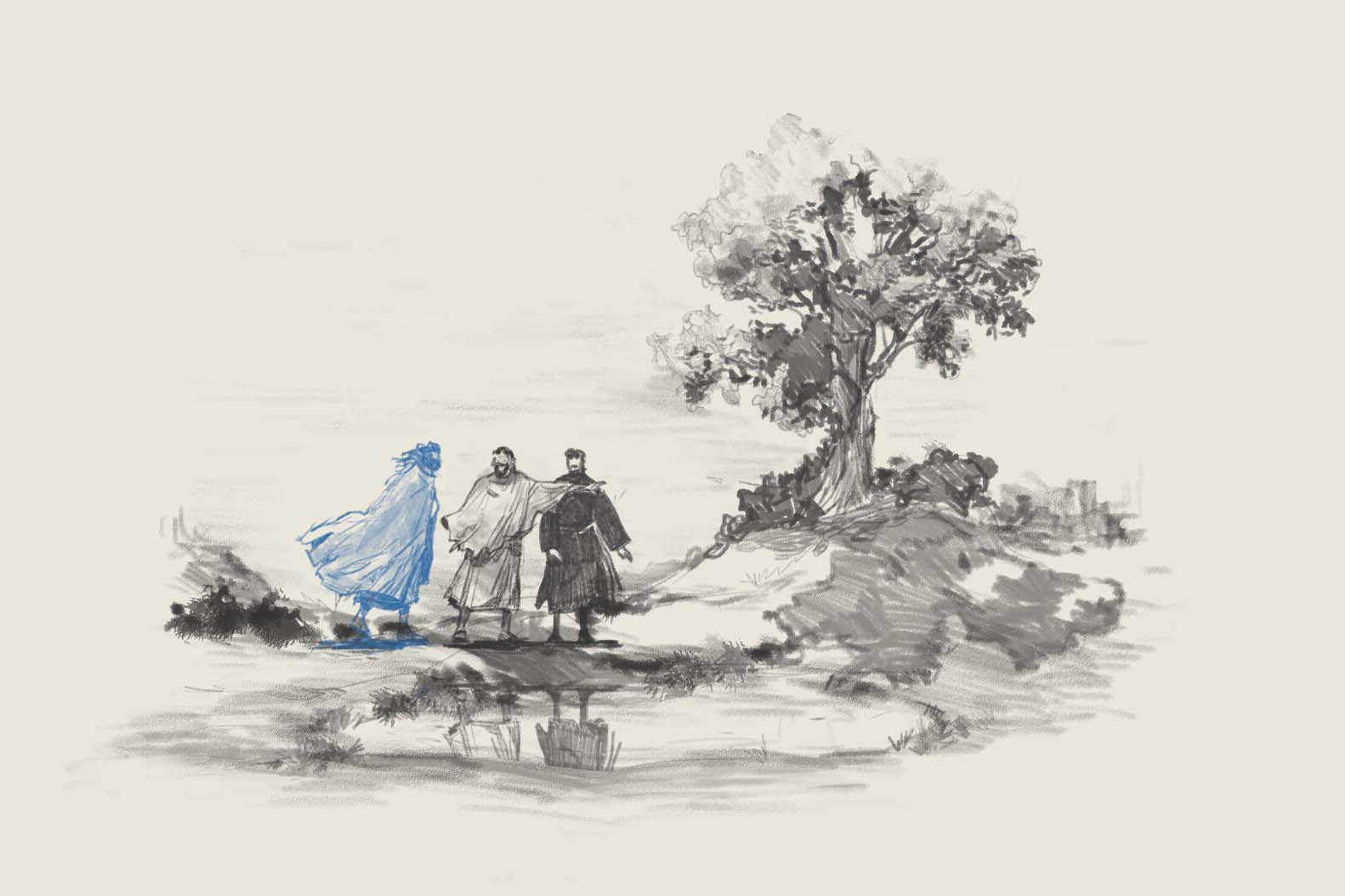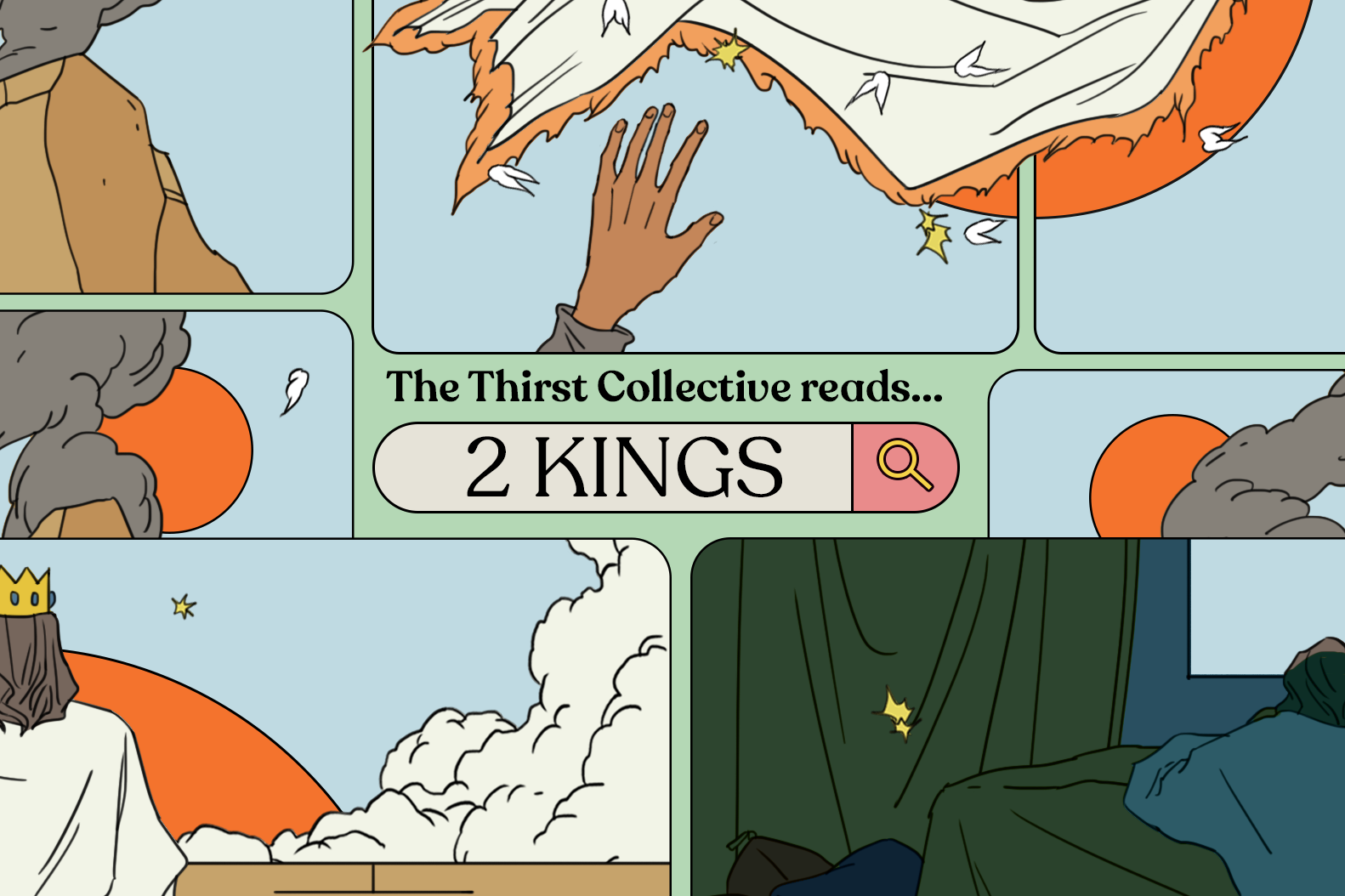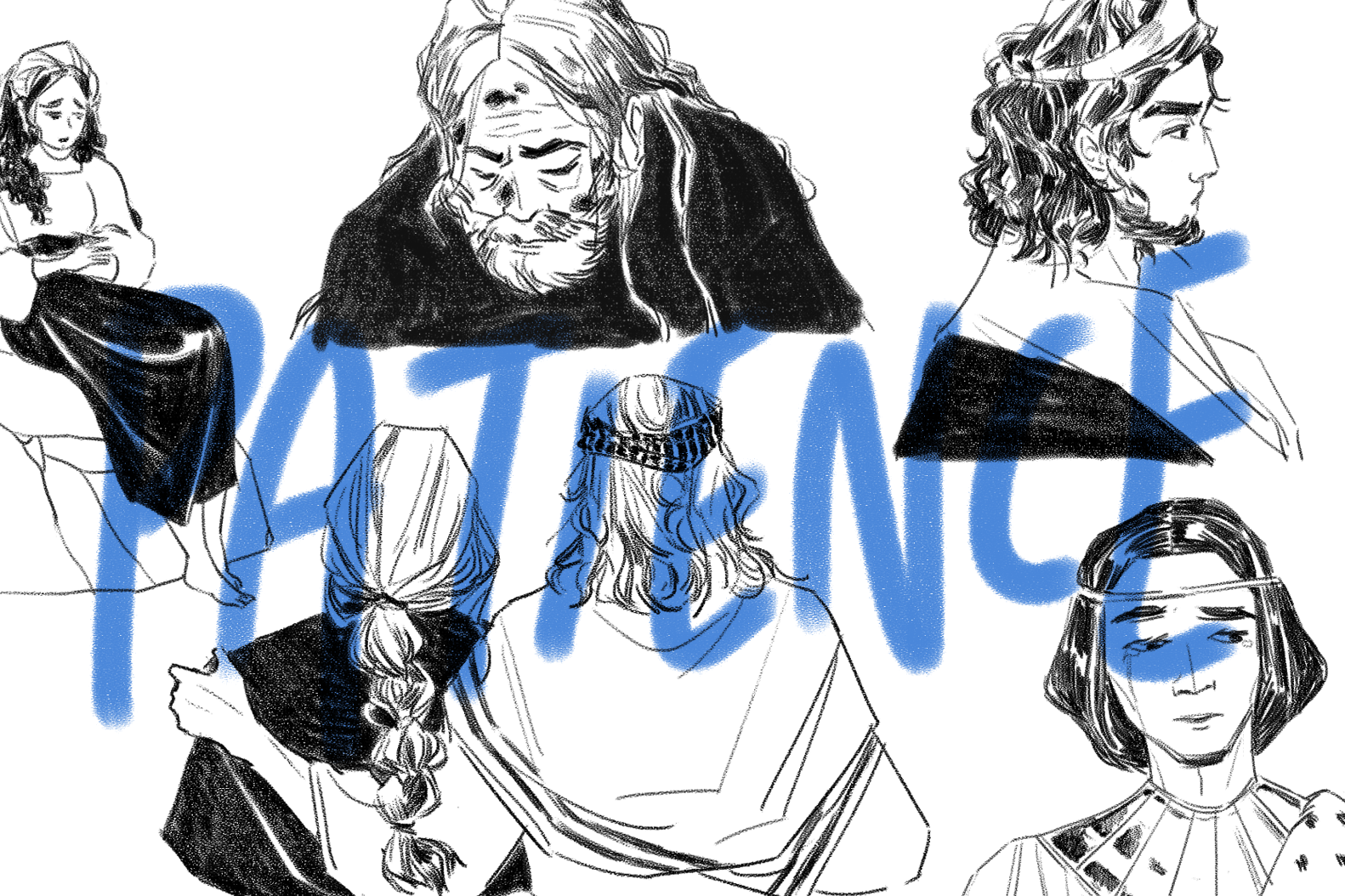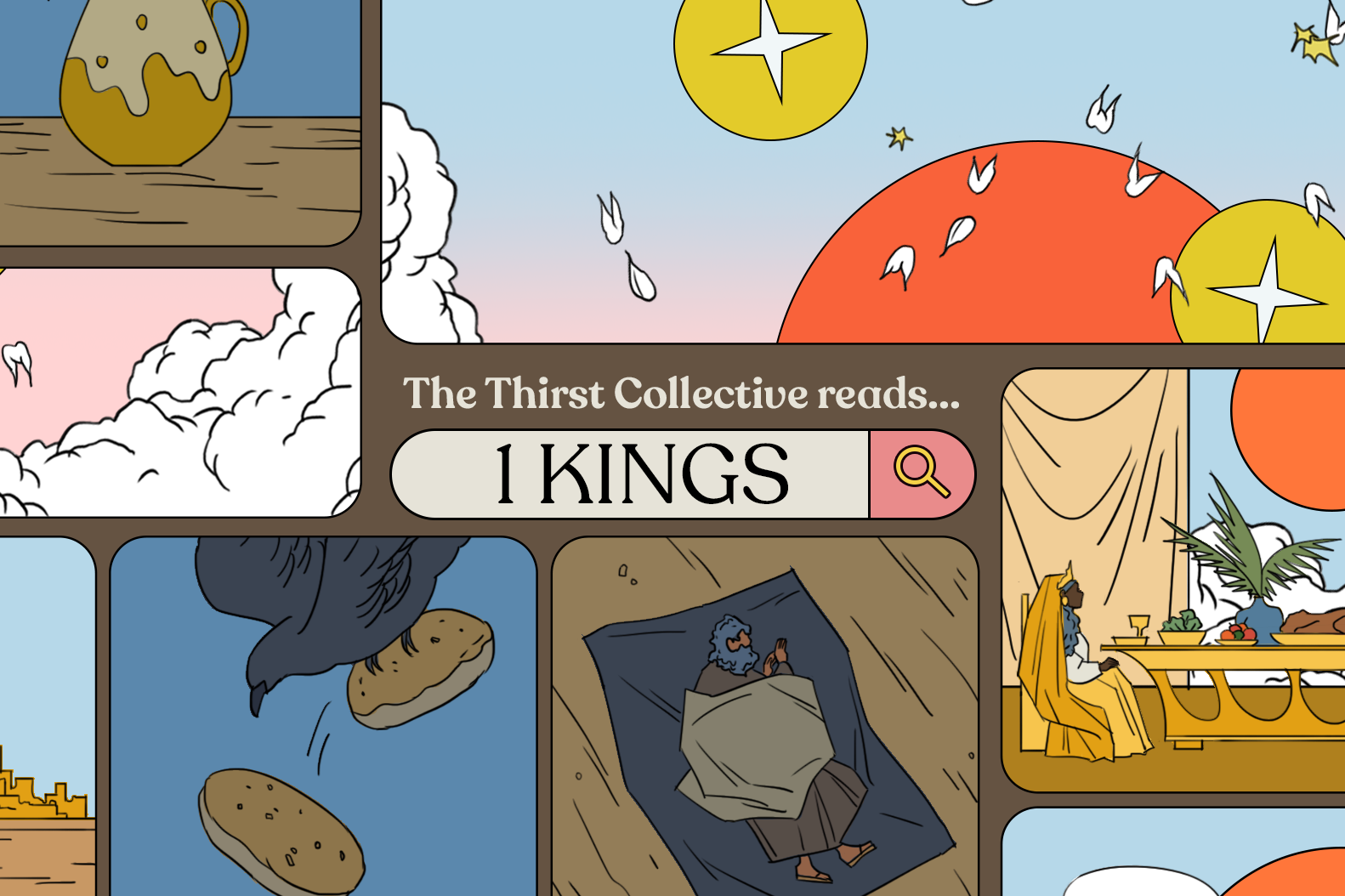Here’s an Easter thought to ponder: Ever imagined how the disciples must have felt right after Jesus was crucified?
You know, that period before the resurrection where… nothing seemed to happen. All appeared silent.
I think many scattered disciples had their heads bowed low, unsure of what to do next.
As Thomas, Peter and the two disciples’ sad journey along the road to Emmaus shows us — they also doubted, lost courage and struggled to see God in their midst.

Now, with over 2000 years of hindsight, we may be tempted to chastise the disciples for their lack of faith. But are we really that much better?
When God makes us wait (weeks, months, maybe even years), do we always fully trust He’ll open doors we don’t yet see? Unfold plans we may never understand? Change situations we can’t quite grasp?
He knows exactly how to turn our restless waiting into renewed faith.
The truth is, like the disciples, we too wrestle with the delicate art of waiting, especially when we aren’t always clear on what God is calling us to do next. That’s when faith struggles creep in.
But here’s why God is awesome: He knows exactly how to turn our restless waiting into renewed faith, transforming our failing courage into delight at just the right moment.
Waiting teaches our hearts to trust in His timing and purpose for our lives.
Here are three Biblical examples of how Jesus’ disciples waited, and the humbling lessons we can all learn from each of them.
Lesson #1: Don’t run from doubt
I honestly feel bad for Thomas! Though he is often dubbed “Doubting Thomas”, I think that’s a bit of an unfair moniker.
You see, earlier in the Bible, Thomas actually had faith so great that he was willing to die with Jesus (John 11:16).
Still, after Jesus was crucified, he doubted. Thomas did not believe what the other disciples were saying — that Christ had truly risen again.
He needed physical proof (John 20:25). Thomas was a hard evidence kind of guy. And Jesus obliged!
Rather than reject him for his doubts, the Son of God let Thomas see and touch His resurrected body, a grace that radically restored the disciple’s faith (John 20:28).
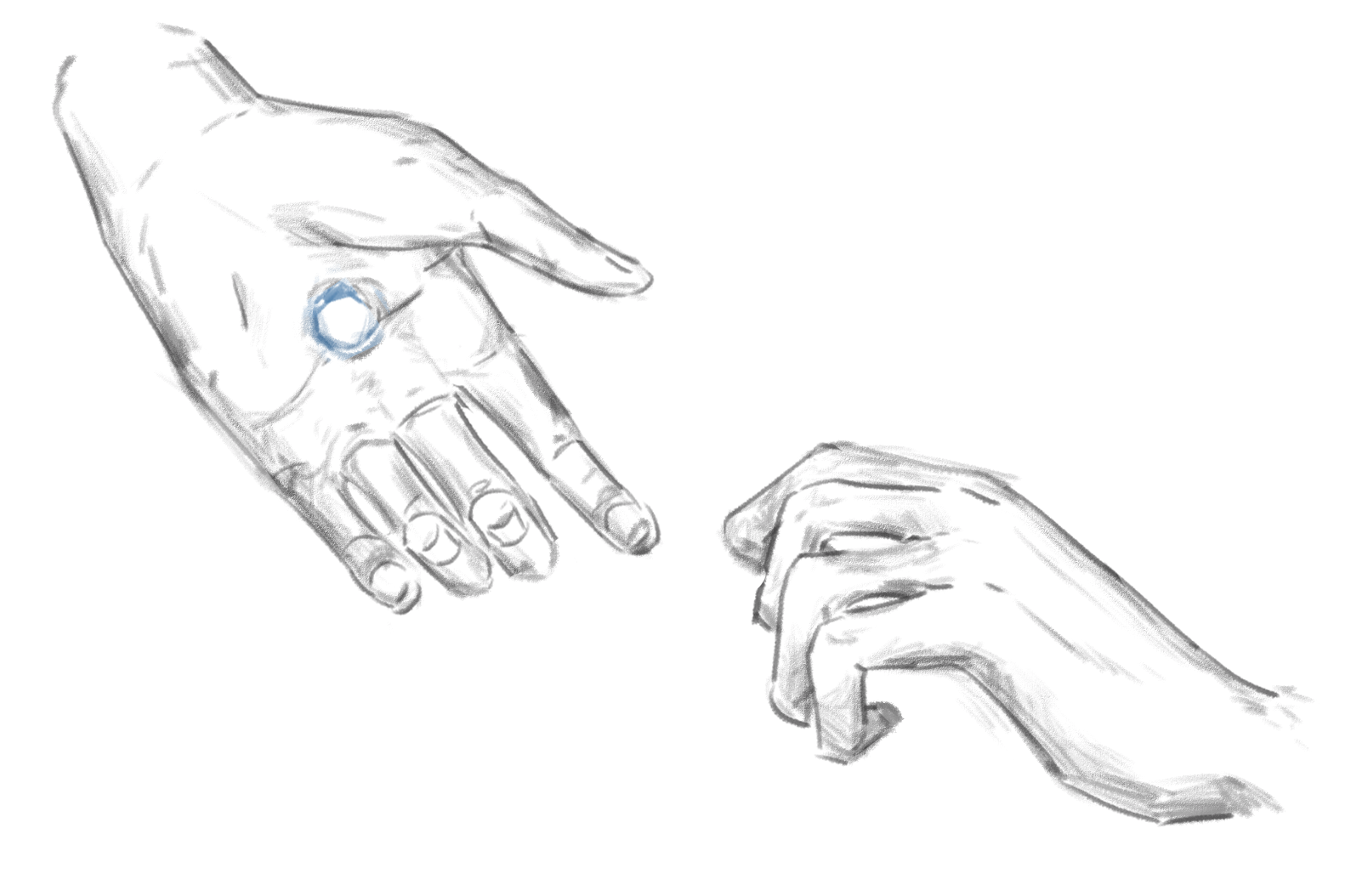
What can we learn? There’s often a Doubting Thomas in all of us. Especially when God wants us to wait for something longer than we originally expected.
To be clear, our Heavenly Father doesn’t desire for us to doubt Him (James 1:6; Matthew 14:31). He wants our trust.
So, as we can see from Thomas and others in the Bible, God teaches us not to run away from our doubts.
Instead, we should sincerely ask Him to help us overcome our faith struggles.
When we’re honest to God about our doubts, He is willing to grow and mature us in our faith – albeit through gentle rebuke at times (John 20:29; Mark 9:23-24; Matthew 14:31).
Sure, God won’t always give us the “hard” evidence we want. But He’ll surely bless us with precisely what we need to keep going.
Lesson #2: Don’t go back to fishing
Having denied Jesus, Peter was emotionally wrecked, perhaps even more so after his master was crucified. He likely thought it was too late to ever make it up to Jesus.
Perhaps feeling unworthy of God’s call on his life, Peter went back to doing what he did before he first met Jesus — fishing.
And so he fished, but caught nothing (John 21:3).
Don’t let guilt keep you from saying “yes” to His greater call in your life.
Now, what happened when the risen Jesus appeared to the disciples then? What happened when He met Peter?
Jesus first fed the disciples breakfast, then He spoke to Peter. Peter professed his love for Jesus three times, and Jesus forgave Peter and restored him.
Having restored Peter, Jesus then entrusted him with an even bigger mission to “feed [His] sheep” (John 21:15-17).
Freed from shame and guilt, Peter went from being a man of “little faith” (Matthew 14:31) to becoming a pillar for God’s early Church.

What we can learn? Peter’s life shows us that we’re never too far gone in God’s eyes.
There’s no mess God cannot redeem if we choose to love Him with all our hearts, which naturally stirs our heart to repentance.
So don’t let guilt keep you from saying “yes” to His greater call in your life.
God wants us to have courage, not live in shame.
There are also times when God will make us wait for His next move, just as Peter and the other disciples had to.
But even though nothing “big” seems to be happening just yet, don’t go back to “empty fishing” without Jesus.
In other words, don’t go back to doing the old fruitless stuff we were doing before our relationship with Christ.
Once you’re called — you’re called. Just like Peter, we too can trust that God has a Kingdom purpose for each of our lives.
Lesson #3: Don’t give up on God in your waiting
Two disciples were walking to Emmaus, their hearts heavy as they mourned Jesus’ death (Luke 24:13-32).
Jesus then joined them along the road. However, the duo were kept from recognising Jesus.
These two disciples poured out their sorrows to the stranger. They also told Him how disappointed and confused they were at the events that had transpired.
A little later, however, God opened their eyes to see it was the Son of God who was speaking with them. The disciples then finally recognised their resurrected teacher.
The two then realise Jesus was actually with them all along, igniting their hearts with truth – even when they hadn’t noticed anything out of the ordinary (Luke 24:32).
Unbeknownst to them, God was quietly turning their sadness into gladness, and despair into delight!

What we can learn: By His sovereign will, God may choose not to immediately let us know the details of His bigger plan for our lives.
When He doesn’t, it’s tempting for us to fall into sorrow and think that nothing’s changing. We may even feel God has abandoned us, leaving us to wallow in our personal worries and confusion.
However, as the Road to Emmaus episode teaches us, God is actually always in our midst, walking with us every step of the way. We just may not notice His presence at first.
God is working to turn our waiting into wonder.
In other words, not every God moment needs to be signs-and-wonders-epic. He also often operates in smaller ways we don’t instantly notice (or give Him due credit for).
Whatever the case, we can rest assured that God is working to turn our waiting into wonder. He will open our eyes to His glory at just the perfect moment.
Turn your waiting into Bold Faith
The delicate art of waiting for God is often painted with our feelings of doubt, unworthiness and our inability to see His bigger picture.
But as the above stories show, God, with His infinite grace, has an awe-inspiring ability to radically transform our moments of weakness into bold and powerful faith.
This Easter, let us humble our hearts to learn this truth, just as Jesus’ disciples did.
- Doubt. Disappointment. Waiting. Which one describes your present circumstances?
- Which parts of the article challenged you? Why?
- How can you apply the disciples’ lessons learnt into your own life today? Start with just one practical step.


